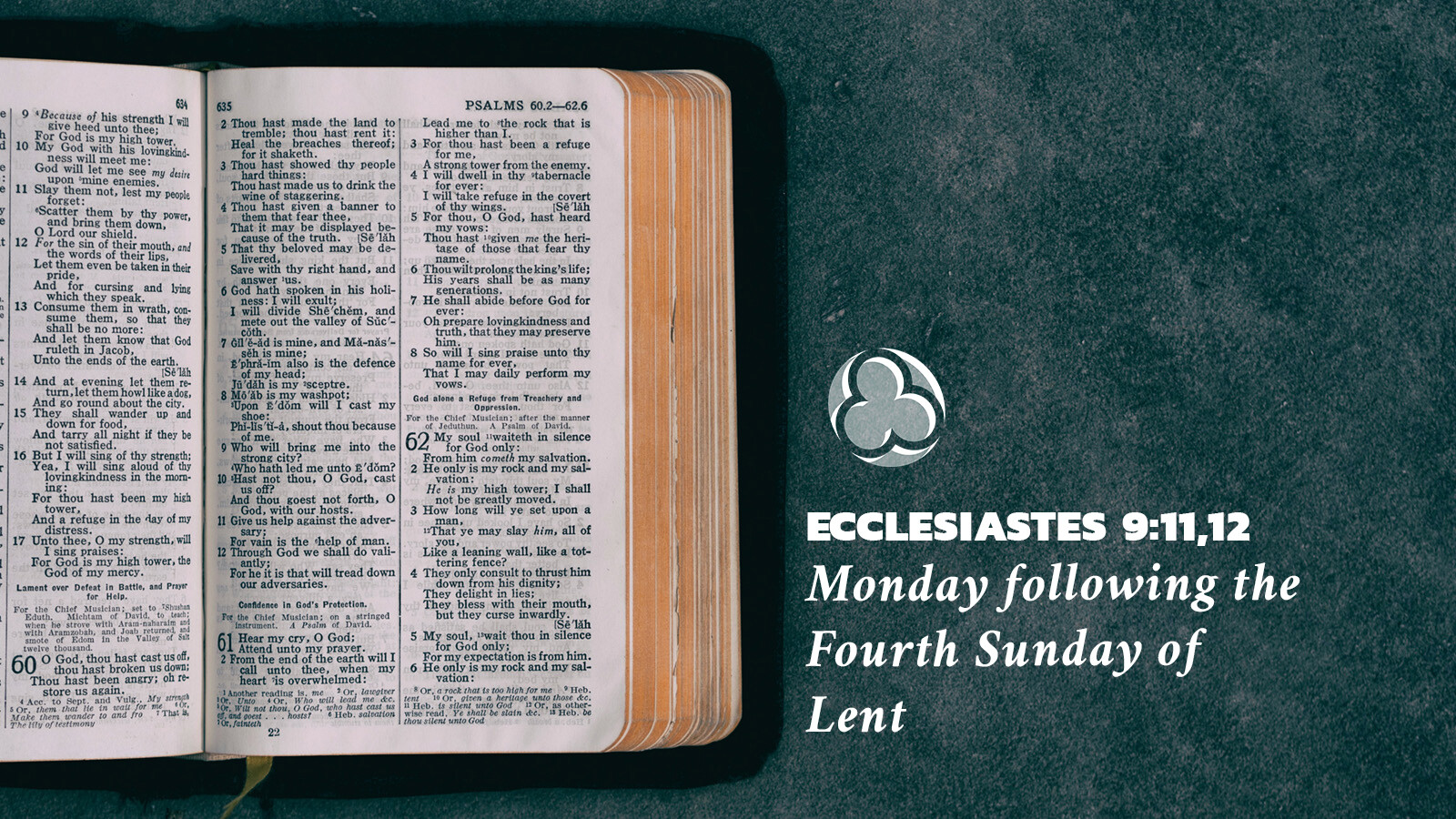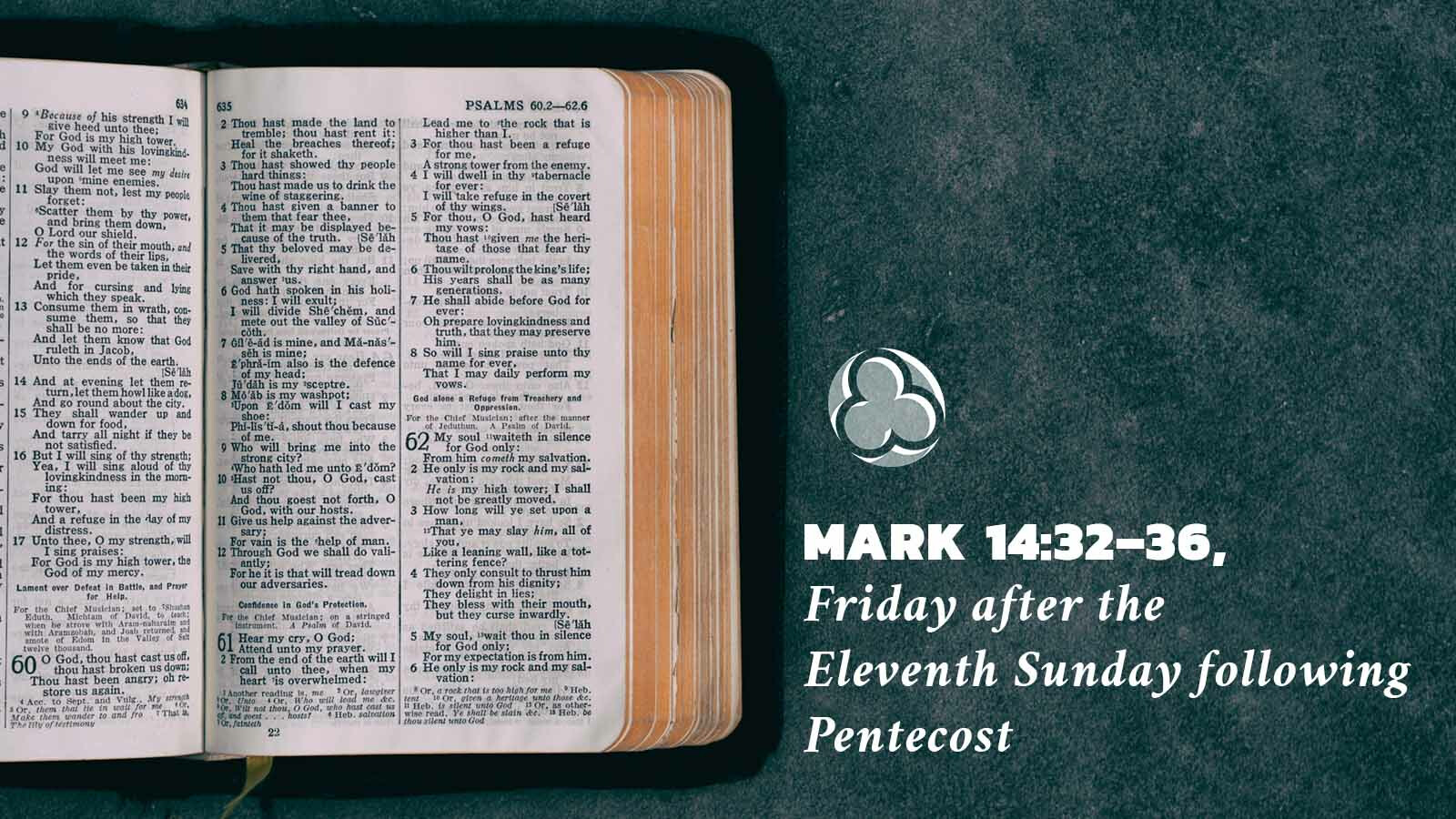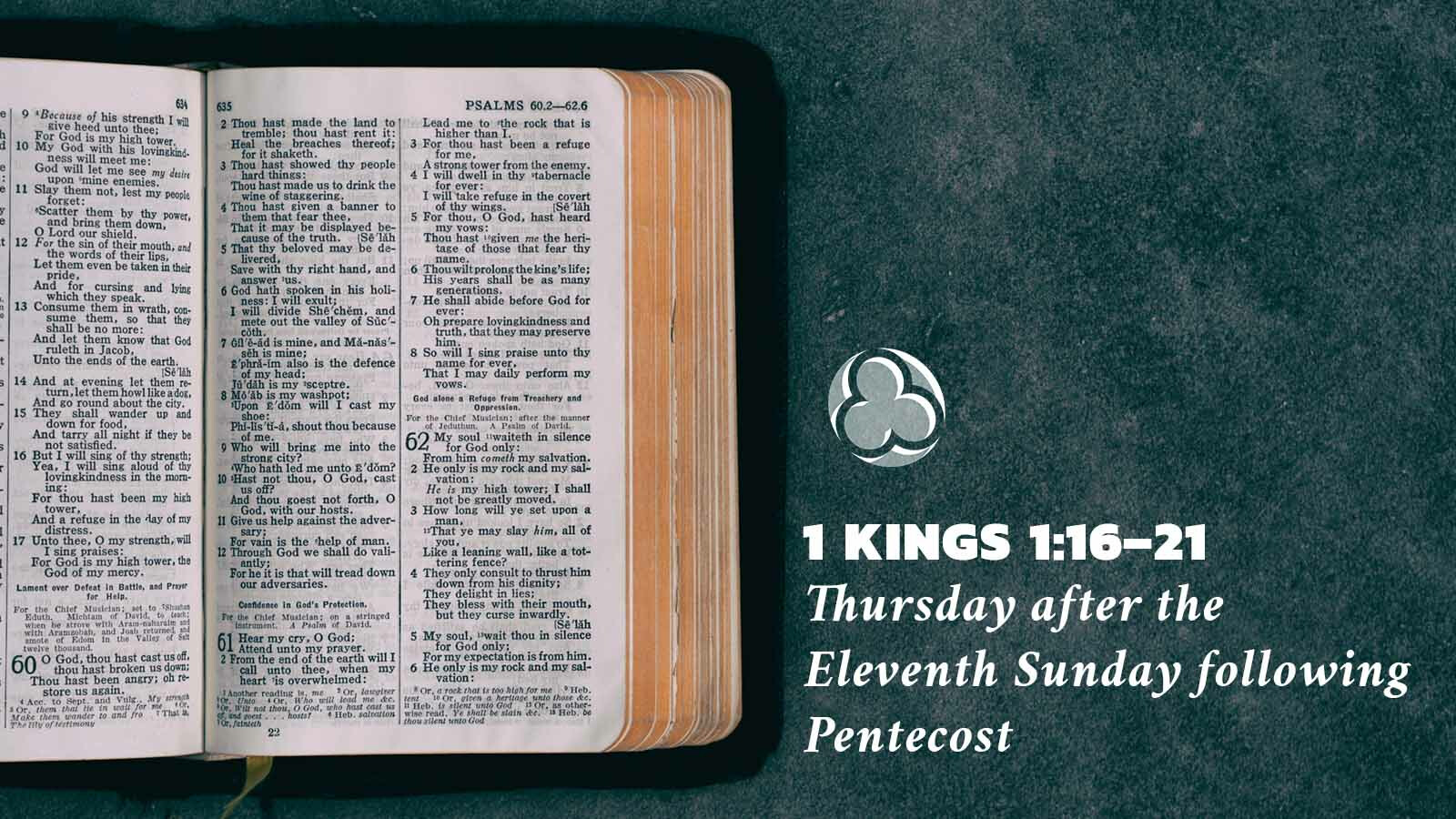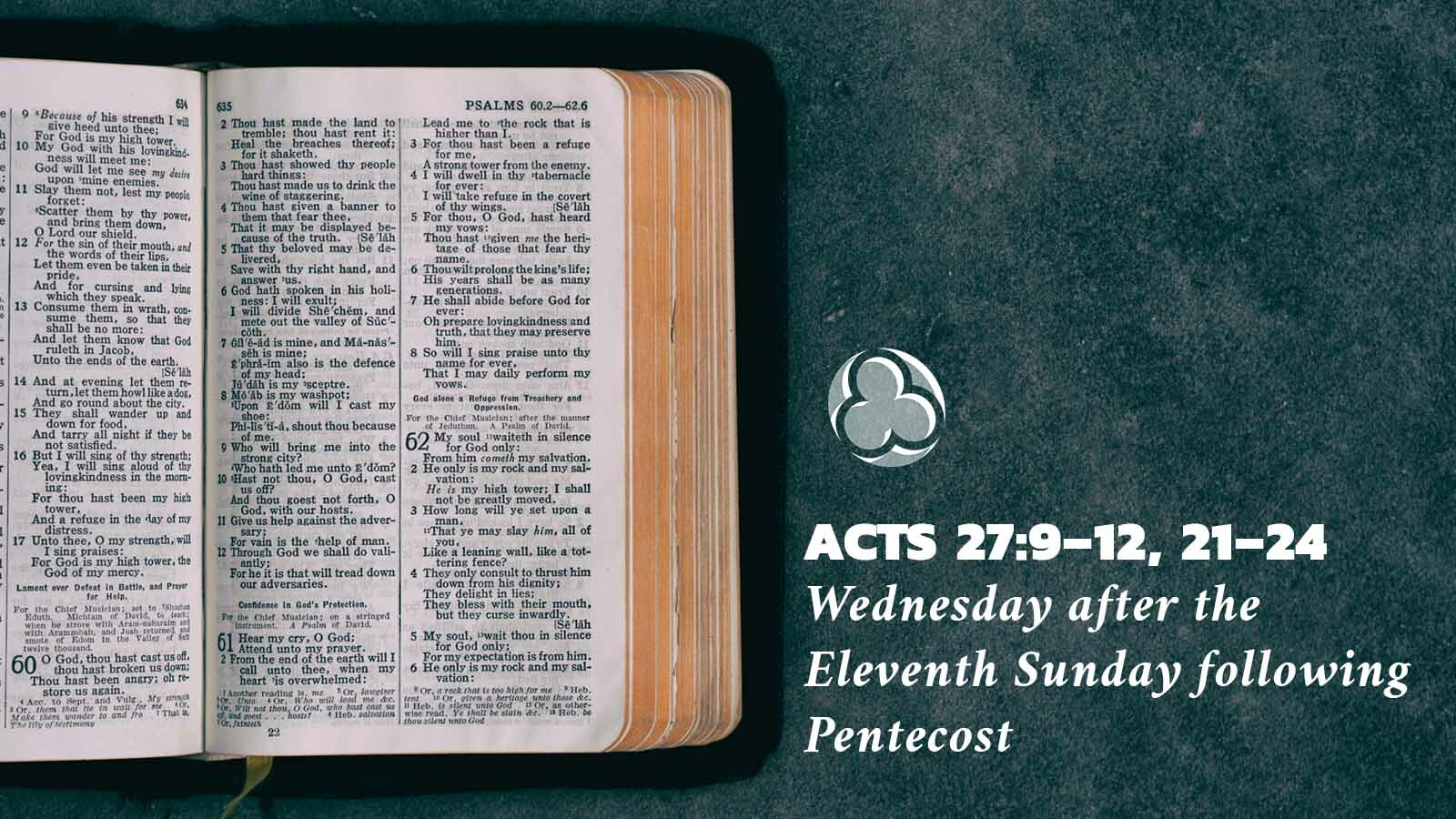
Again I saw that under the sun the race is not to the swift, nor the battle to the strong, nor bread to the wise, nor riches to the intelligent, nor favor to the skillful; but time and chance happen to them all. For no one can anticipate the time of disaster. Like fish taken in a cruel net, and like birds caught in a snare, so mortals are snared at a time of calamity, when it suddenly falls upon them.
-Ecclesiastes 9:11,12
Today we remember John Donne (1573-1631), soldier, poet, Anglican cleric. Donne, born into a Roman Catholic family, was educated at Oxford and Cambridge and Lincoln's Inn (a highly regarded law school). He likely became an Anglican in 1594 and appeared to be aiming for a career in government. He joined with the renowned Raleigh and Essex in raids on Cadiz and the Azores, and then became private secretary to Sir Thomas Egerton. But, his career trajectory hit a snag in 1601 when he secretly married Anne More, the 16-year-old niece of Egerton. Enraged, More's father had Donne imprisoned, and the years following were ones of poverty, debt, illness, and frustration. In 1615, apparently giving up on a career in Parliament, he was ordained.
Whatever the reasons for his abrupt career change, it is probably why we have the blessing of his writings. Donne's poetry invites us into the fullness of the human experience, blending intellectual rigor with emotional intensity. He was a man who could wrestle with life’s most profound questions—death, love, faith—with both passion and humility. His metaphysical wit forces us to confront the paradoxes of existence, urging us to question everything, yet find meaning in the very act of questioning.
In Donne’s work, there is an intimacy—an invitation to see ourselves in the complex dance between the divine and the mortal. His famous lines, such as “No man is an island”, remind us of our shared humanity, our interconnection. Another, "Death be not proud, though some have called thee mighty and dreadful, for thou art not so" is a bold challenge to the power of death, suggesting it is not as powerful as it seems. And, another, "For whom the bell tolls, it tolls for thee" is a reminder of the shared human experience of mortality. Whether he’s pondering the mysteries of the soul, the nature of love, or the inevitability of death, Donne helps us to pause, reflect, and find a sense of unity in the chaos of life.
Donne calls us to embrace the contradictions we carry: that we are both fragile and eternal, both searching and found. It asks us to rest in that tension, to accept that we do not need all the answers, but must trust in the process of seeking.
Musical Reflection- Wilt thou forgive that sin - Donne
O God of eternal glory, whom no one living can see and yet whom to see is to live; grant that with your servant John Donne, we may see your glory in the face of your Son, Jesus Christ, and then, with all our skill and wit, offer you our crown of prayer and praise, until by his grace we stand in that last and everlasting day, when death itself will die, and all will live in you, who with the Holy Spirit and the same Lord Jesus Christ are one God in everlasting light and glory. Amen.






Login To Leave Comment